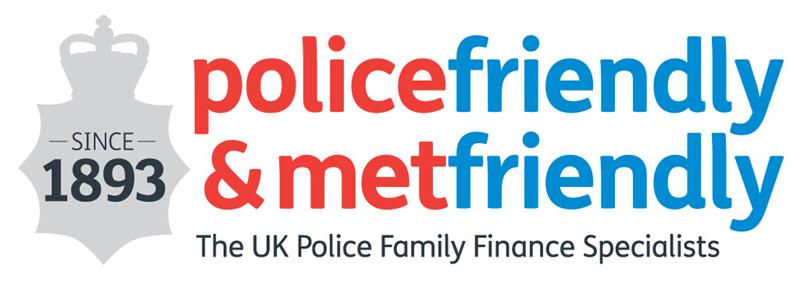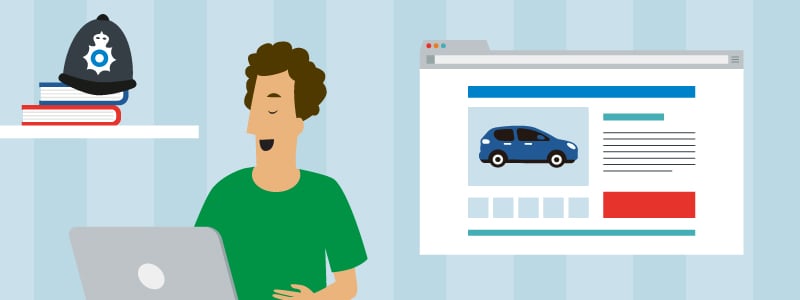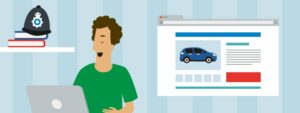Buying a secondhand car can be a complicated process, but our handy tips can make sure you have all the information you need to get a great deal.
Buying a used car can be a great way to save thousands of pounds, with secondhand vehicles often selling for a fraction of the price of the same model when new. That said, knowing how to distinguish a great deal from a bad one can be a challenge.
At Metfriendly, we want to ensure you have all the knowledge needed to make sound financial decisions, so here are some top tips to help all eager car buyers to know how to get the best deal possible.
Our top tips when planning a used car purchase
1. Create a checklist of requirements
Understanding what you need from a vehicle should be the ultimate guide to whether you buy or not. Writing out a checklist of requirements (such as costs to run, whether you want a cheap runaround or something comfy for long commutes, how much boot space you need or if you want a petrol, diesel or hybrid) can be crucial in buying the car that is right for you.
2. Consider the costs involved
UA used car may have a lot of miles on the clock and this means there can be extra costs involved in ensuring its roadworthiness. Be sure to carry out a thorough inspection of the vehicle prior to purchase. Then consider how much the car will cost to run and maintain in the future to help you decide if the car is worth its asking price.
3. Carry out a vehicle history check
You can check the MOT history of a potential purchase by visiting the GOV.UK website and typing in the vehicle’s registration. This is a free service and will highlight any gaps in the upkeep of the vehicle. At the same time, you can carry out a private history check for an additional cost and this will tell you details like if the car had ever been registered stolen, if there is outstanding finance, if it is showing the correct mileage and if it has previously been involved in an accident.
4. View the car in person
Don’t be tempted to pay for a secondhand vehicle before having the chance to look it over in person. It’s a chance to examine the vehicle’s condition for any apparent signs of wear and tear and to check this matches the claimed mileage, as well being an opportunity to size up the seller. If you get a feeling they’re trying to hide something, or if things just don’t seem right, then this can be a serious warning sign that you should walk away from the deal.
There are also cheap devices available to buy if you wanted to run a diagnostic scan on the vehicle to see of it has any current faults. Alternatively, ask a friendly mechanic to come along and look over it with you.
5. Take the car for a test drive
Viewing the car on a driveway or forecourt is one thing, but you’ll only get a true feel for how the vehicle handles by taking it out on the roads. If you’re looking to buy privately and not sure what make/model to go for, visiting car dealerships is a good opportunity to see what you enjoy the feel of. Then, when you do find a potential purchase, always insist on taking it out for a spin to check that things are working correctly and that it drives as well as expected.
6. Check all the vehicle’s documents
Make sure the vehicle you are viewing has all of its requisite documents. This should include the V5C registration documents (which should detail the owner’s correct name and address, as well the vehicle’s registration, colour and chassis numbers), MOT history, service history and vehicle handbooks.
7. Don’t be afraid to haggle
Haggling can play a crucial role in helping you to get the best deal possible. Do some research on Auto Trader or eBay and see what other cars of similar age and mileage are selling for.
When negotiating with a private seller, always remember to stick to your guns and only pay what you think the car is worth. When talking to a dealership, here too there can be a chance for savings. The dealer will have a ‘target price’ they want to achieve for each model, but that doesn’t mean there isn’t room to manoeuvre.
Should I pay by cash, card or finance
There are a number of methods you might want to pursue when paying for a used car, with three of the most common being cash, credit card or by taking out finance. Each have their potential advantages and disadvantages, so it pays to know which option is best for you.
If you’re buying privately, paying with cash might be one option. Alternatively, if you’re leaning more towards transferring the funds to the seller’s bank account, offer a cash deposit to secure the purchase, get a receipt for your deposit and then arrange to pick up the car once the funds have transferred. When buying from a dealership, you’d be more likely to use your debit card or do a Bacs payment.
Paying in cash means there are no extra fees or interest, but if something does go wrong, you have little protection. Meanwhile, credit card purchases do offer protection on all purchases valued from £100 to £30,000 – even if you paid only a small part of the cost on the card.
Finally, going down the finance route means you can spread out your payments more evenly over the long-term. However, there will be interest to pay and this can therefore be more expensive. You also will not own the car until the final payment has been made.
We hope this article has given you plenty of food for thought and for anyone changing their car regularly, say every five years, please take a look at one of our regular saving plans to help fund your purchases.
Share













